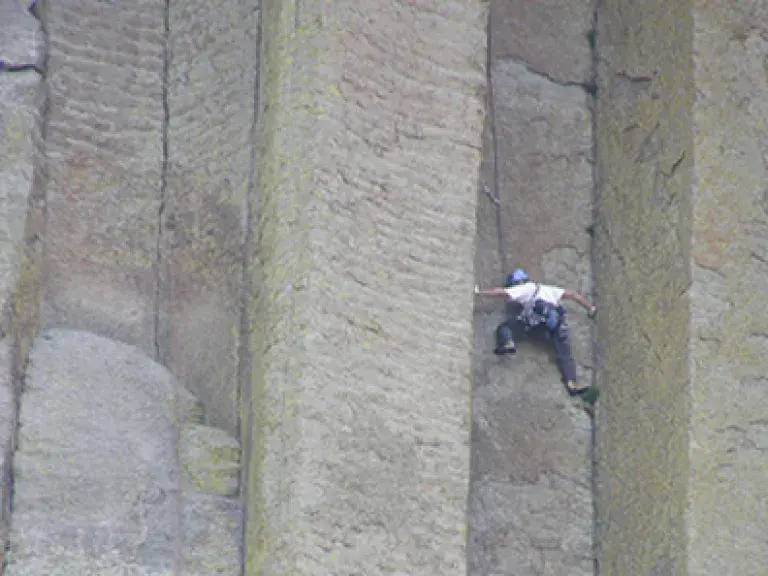
When I make music, adventures happen.
I sit at the feet of a grand old lady of spirituals, who tells stories of escaped slaves and Carnegie Hall recitals. I find myself on stage in Mexico City singing Mahler's glorious Symphony of a Thousand, while tenors stumble offstage to throw up in conveniently placed buckets. I am awed by the rich contributions made by the not famous-the fifteenth violinist, the accompanist, the singers in the chorus-the multitudes of voices who sing Beethoven's Ninth at Orchestra Hall, but never Mimi at the Met.
We teach, drive school buses, write corporate brochures, whatever it takes—but we keep singing.
We're everywhere—the passionate, committed, talented, frequently unpaid or underpaid workers who make possible the great things of life. We're the utility infielder, the middle manager, the small-enterprise entrepreneur.
Not Famous, But Indispensable
We are described by what we do, not by labels like professional or amateur. We work with craftsmanship and artistry. We create excellence. But for whatever reason—lack of luck, overweening ambition, the physiology that creates an operatic-size voice or Olympic athlete—we do not make it to the top.
We do not become CEOs of Fortune 500 companies. It's hard for us to believe we have significance as individuals. After all, when we get sick, the show goes on and the audience doesn't even notice. Yet collectively, we are indispensable and sometimes magnificent.
Without us, the CEO would not have a company nor the conductor an instrument. A lonely picture, that: the conductor dancing up there on the podium, waving his or her arms, reaching for sound and receiving none, because the not famous suddenly stopped.
The Invisible Instrument
We have a particular kind of courage—not the courage of those who climb mountains, but the courage of those who show up and practice. Not every day, perhaps, or even every year. We take time off to attend to loved ones or earn a living or indulge our exhaustion—but once that's accomplished, back we come. It puzzles and amazes me. The obvious rewards—money and recognition—aren't there, and the price is high. It would be so much less trouble to sit home and watch television.
When we get sick, the show goes on and the audience doesn't even notice. Yet collectively, we are indispensable and sometimes magnificent.
The reason for this glorious insanity, it seems to me, has something to do with an invisible instrument we all carry inside—a creative spirit that must be expressed if the soul is not to die a slow, bleak death.
If you find yourself pulled beyond all practicality toward doing something—writing poetry, building a business, restoring old cars, planting a secret garden; if at four in the morning the right word comes to you, the perfect flower to plant in that particular spot—you are playing your invisible instrument.
For me, the invisible instrument manifests through the voice, that mysterious sound maker composed of vocal cords, lips, tongue, breath, and spirit. It's a peculiar and fascinating instrument, a peculiar and fascinating life.
There is never enough time. It is harder than you ever imagined. You are never as good as you want to be. And if tonight was nearly perfect, watch out, because tomorrow you may slip up and commit the chorister's greatest sin—singing an "unpaid solo."
Suddenly It Flows
Always, always they will ask you to give more—more concentration, more purity of sound, better line, finer adagio. They will ask and you will ask it of yourself. You will especially ask yourself what you are doing here after a hard day's work at your day job, when you don't feel that good anyway, and your spouse is mad at you, and your kids say you never get anything right, and there isn't enough money to pay all of the bills. Then suddenly it flows—a bar, a phrase, perhaps even a whole movement—and you are the physical instrument of something higher.
Then you know again creation's assignment: to learn the notes, to find your music. The invisible instrument is the one instrument we must all learn to play.

